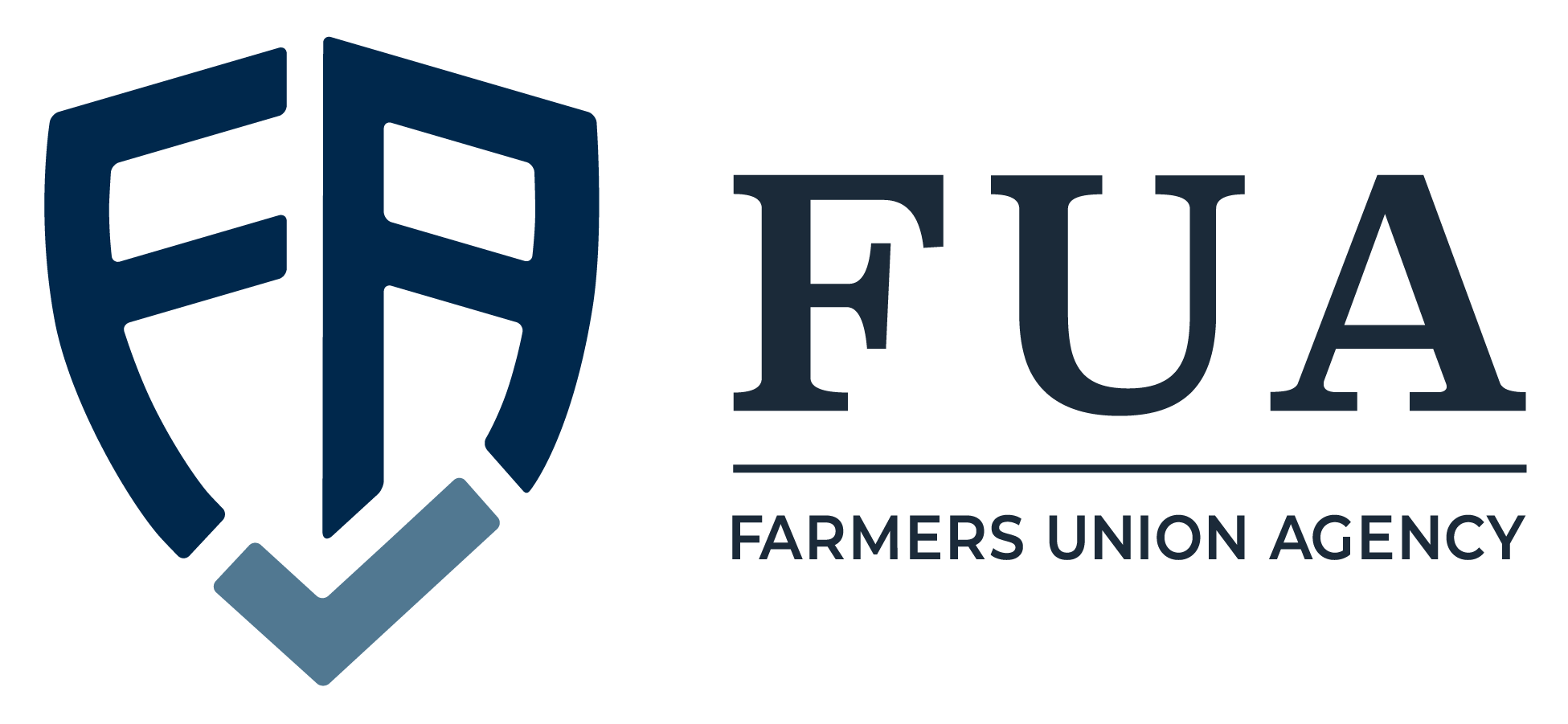
10 Things You Didn’t Know About Life Insurance
Life Insurance Awareness Month happens every September, and while some people have the notion that this level of protection is a scam, the hard truth remains that it is inevitable that you will eventually die. Hopefully it won’t be for many years… but it will happen. It’s intended to assist your loved ones financially when you do pass away, and we feel part of our job as your Trusted Choice® insurance advisor is to educate and inform our clients. So we gathered some information for you from LifeHappens.org, a free resource for anyone interested in learning more about Life, Disability, or Long Term Care Insurance.

“Life insurance blah blah blah.” Is that what you hear when someone mentions it as part of your new job’s employee benefits round-up or when you see something about it on TV or social media? Not to worry: we’ve got the low-down on what you need to know. And it’s really not as overwhelming (or underwhelming) as you might think.
1. It’s part of a sound financial plan.
You know about savings, you know about retirement. You might know a bit about investments and long-term financial planning for your health and happiness. And life insurance helps with planning for your loved ones’ long-term health and happiness, especially those who depend on your income, in case something were to happen to you.
2. There are different kinds.
In addition to employment-based life insurance (which typically only lasts as long as your employment at your job), there’s term and permanent life insurance.
- Term: You typically pay lower premiums for term life insurance, but your coverage is just for a specified amount of time, say 20 years, for example. At the end of the term, your insurance coverage ends.
- Permanent: With permanent life insurance (whole, universal, variable) you typically pay higher premiums in the short term, but then these policies generally allow you to accumulate cash value over time. Your coverage is designed to last as long as you continue to pay premiums.
3. It is surprisingly affordable for most people.
Sure, there are forms of life insurance that get pricier the more features you add on to it, and the price goes up if you’re a smoker or dealing with health problems. But most people think life insurance costs about three times as much as it really does, according to the Insurance Barometer Study by Life Happens and LIMRA. Just as a general guide, a healthy nonsmoking 30-year-old man can get a $250,000 20-year level term policy for about $16 a month.
4. Key life events are often the best time to get on board.
Getting married? Having kids? Changing jobs? Bought a house? Significant life events are often the time you become the most aware of the need for life insurance – and on that note…
5. You can change your benefit.
Perhaps you have a life insurance policy that your parents got for you when you were a baby. Perhaps you have a term policy from when you bought your house but now you have a bigger family and you’re concerned about getting them all through college. Or perhaps you want to bump up your coverage because your overall cost of living has changed. And on *that* note…
6. You may well need more coverage than you think.
Sometimes people think this policy is to pay off their own debts and funeral expenses. But a key advantage of having this benefit is to ensure that the people who depend on you will be okay with their ongoing and future financial needs if something happens to you. Need help figuring out how much? Go to this online calculator: www.lifehappens.org/howmuch.
7. The policy benefit pays out quickly.
Because life insurance doesn’t get tangled up in estate claims, it generally pays out quickly, sometimes in days or weeks, usually inside of a month.
8. The proceeds are generally tax-free.
Compare this to, say, crowdfunding options like “GoFundMe” that have become so popular yet create tax consequences for the people they’re meant to help (to say nothing of fees and the lack of guaranteed benefit).
9. It protects your family, but only if you let it.
Keep your premiums paid up and your beneficiaries up to date, and the door with your agent open so that your loved ones know who to call if they need to. Keep your paperwork with your other vital documents.
10. It can be more than just life insurance.
Using “riders,” or an addendum to a life insurance contract, or even a specific kind of policy, these benefits can become “living benefits,” money you can access before you die, or use to pay for long-term care, as two examples. If you still need help getting a handle on all this, talk to an agent. They can help you understand the ins and outs and the best policy for your budget and needs. Because of course – the most important thing to know about life insurance is that it’s there to help the people you love the most.
Contact your local FUA Agent for a free and quick quote!
Click Here for a special message from actress, model and mother, Brooke Shields, official spokesperson for Life Insurance Awareness Month (LIAM). Thanks to LifeHappens.org for the content of this blog, and author Helen Mosher.
